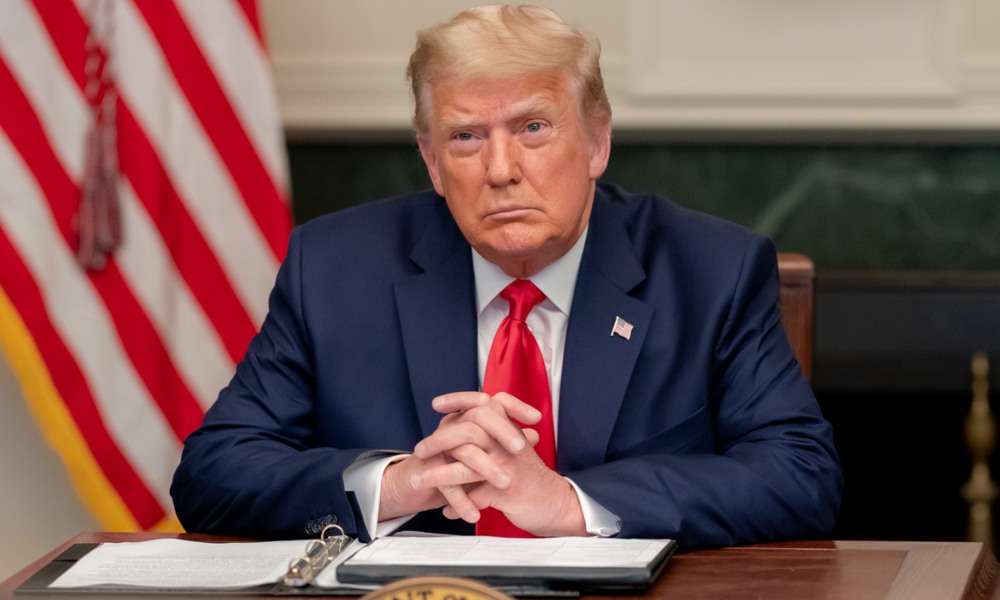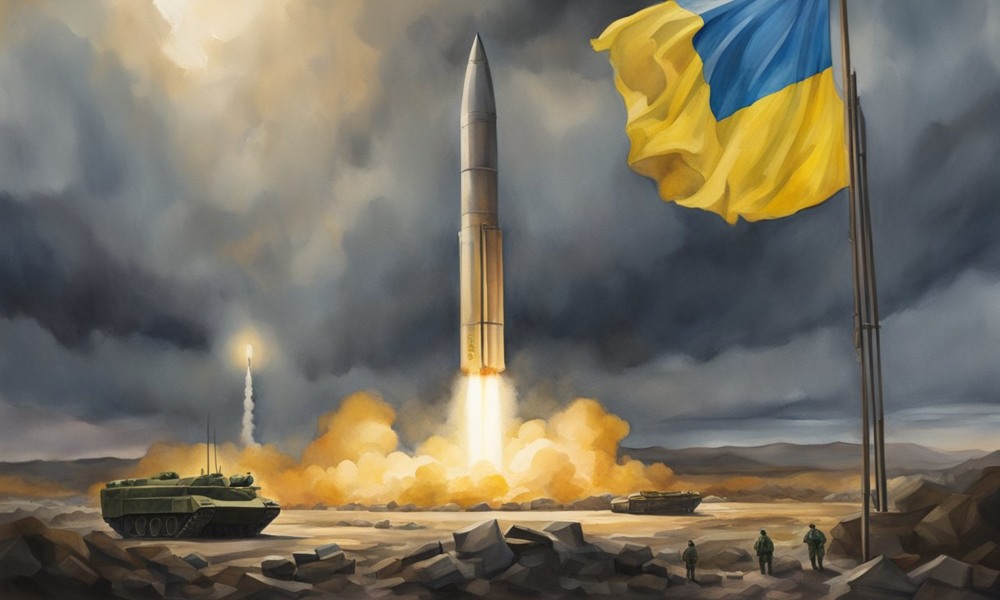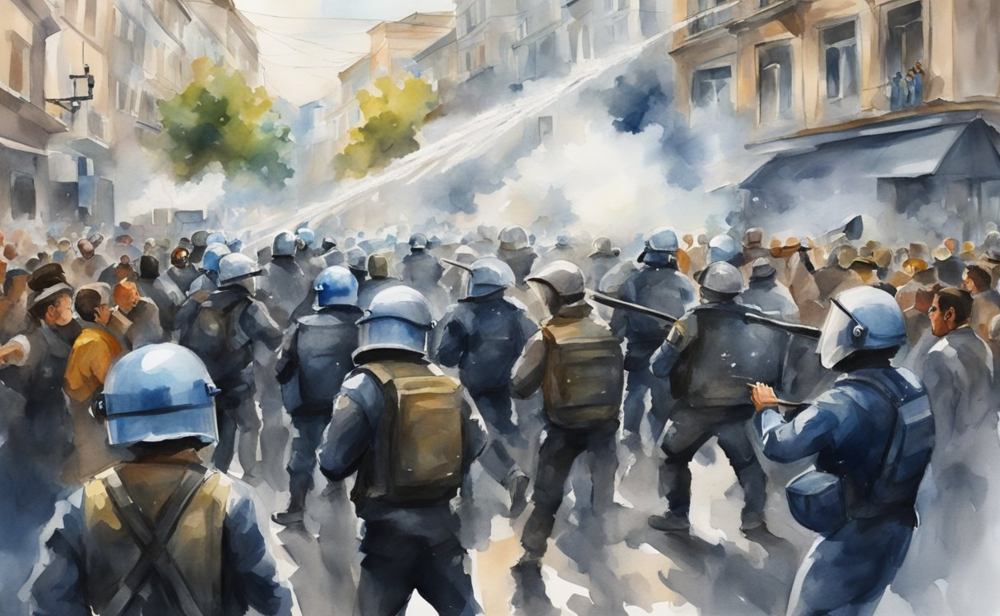Protests in the capital city of Tbilisi, Georgia, have turned violent. People are upset over a proposed law that could restrict media freedoms and civil rights groups.
Key Points
- Police used water cannons and tear gas on protesters
- The protests started over a “foreign influence” bill
- Critics say Russia inspires the bill to limit free speech
- The Georgian government still plans to pass the law
- The European Union warned the law could stop Georgia from joining
Opening Question
Why are people in Georgia protesting so vehemently against this new law? Let’s take a closer look.
Protests Turn Violent in Tbilisi
For over two weeks, protesters had been rallying peacefully in Tbilisi against a proposed “foreign influence” bill. But on Tuesday night, the protests took a violent turn.
Police fired water cannons and tear gas at crowds to make them leave the main avenue in front of Parliament. Riot police moved in to clear the area as protesters booed and refused to go.
Chanting “Russians! Russians!” the protesters accused their government of acting in Russia’s interests by pushing the controversial bill.
What is the ‘Foreign Influence’ Bill?
The bill would put more rules in place for media outlets, civil society groups, and any organizations that get funding from abroad. Supporters say it defends Georgia’s sovereignty.
However, opponents view it as Russian-inspired legislation that violates free speech and democratic values. They believe the law aims to silence critics of Georgia’s government.
The European Union, which Georgia hopes to join, has warned the bill could derail the country’s path to EU membership.
Georgia Caught Between Russia and EU
Georgia is a former Soviet republic. But in recent years, it has tried strengthening ties to the West and integrating with Europe instead of staying aligned with Russia.
Just months ago, Georgia moved closer to its EU membership goals by being named an official candidate country. However, the EU says the new “foreign influence” law could jeopardize that hard-won progress.
For many protesters, the fight is now about defending Georgia’s European future over Russian influence. Monday’s mass rally by the pro-Russian governing party added fuel to the fire.
Government Losing Support?
Even a former minister from Georgia’s ruling Georgian Dream party has protested against the bill, which he considers too extreme.
Some analysts think the government should have underestimated how strongly people would resist the law. They may be “going too far” by cracking down harshly now.
With elections in October, the violent response could cost the Georgian Dream party support from moderates who are unsure which side to take.
Looking Ahead
As police forcefully dispersed protesters this week, the crowds only grew more defiant in their resistance to the “foreign influence” bill.
For now, Georgia’s government remains determined to adopt the law despite the intense public backlash and EU warnings. However, the continued unrest leaves Georgia’s European aspirations hanging in the balance.
Closing Question
How will the ongoing protests and violent crackdown ultimately impact Georgia’s relationship with Europe and its democratic future? Only time will tell.
















